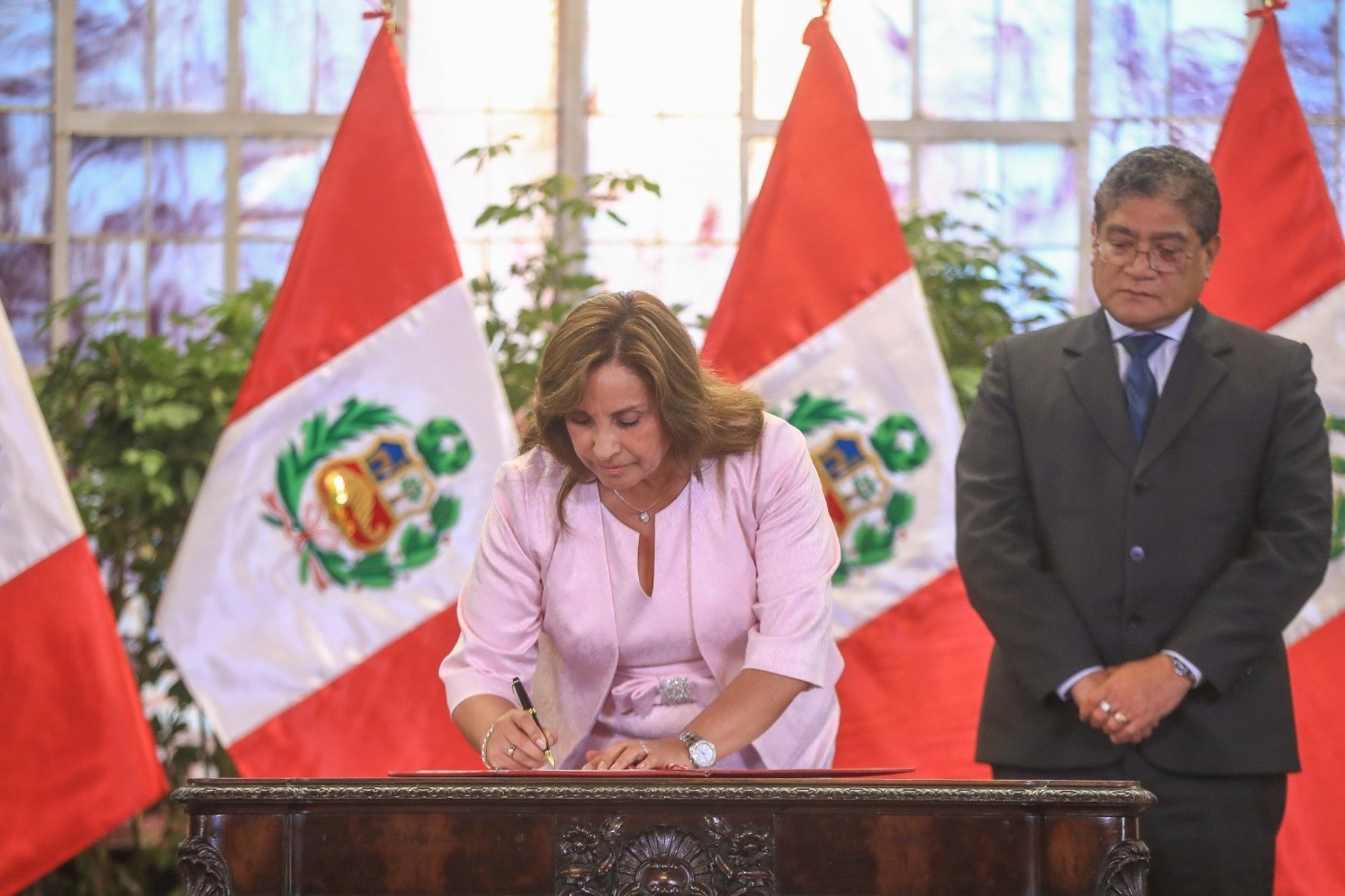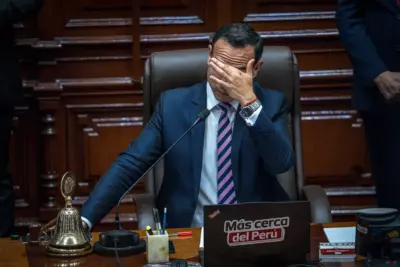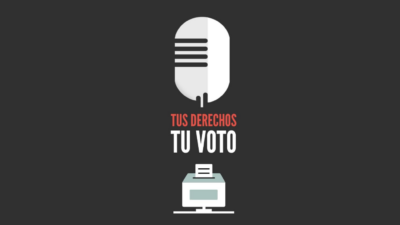By Michelle Reyes Milk (*)
President Dina Boluarte signed an amnesty bill on August 13 reminiscent of the blanket amnesties adopted by former president Alberto Fujimori in the 1990s. By supporting this bill, Boluarte joined Peru’s Congress in erasing three decades of progress in prosecuting human rights violations – albeit with some notorious setbacks along the way.
The bill authorizes amnesty for members of the armed and security forces, as well as self-defense committees accused of or under investigation for alleged crimes during Peru’s brutal 20-year armed conflict, from 1980 to 2000. The war killed almost 70,000 people, most of them indigenous Quechua-speakers, given the particular toll on Andean communities. The law also greenlights the release of those serving sentences for these crimes who are over age 70.
Adding insult to injury, President Boluarte decided to mark this impunity bill with a pompous ceremony at the Presidential Palace. Guests included a former member of the infamous Grupo Colina, a death squad responsible for massacres such as those of Barrios Altosand La Cantuta, where 25 civilians were killed.
The Peruvian armed conflict began in 1980 when Sendero Luminoso – a brutal armed group that terrorized communities across the country – began its Maoist-style “popular war” with the aim of overthrowing the government and transforming the democratic and economic system as a whole. But, while claiming to act on behalf of those left behind by the political establishment, Sendero ravaged entire communities across the Andes and beyond, leaving tens of thousands of victims along its path.
Sendero’s crimes have been characterized as crimes against humanity and war crimes by Peru’s Truth and Reconciliation Commission (TRC) as well as by Peruvian courts. The TRC found that Sendero Luminoso was responsible for 54 percent of deaths during the war, known also in Peru as the “years of terrorism.” The historic leaders of Sendero were all killed or are serving long prison terms. Its head, Abimael Guzman, who was sentenced to life in prison by a military court in 1992 (and again, in 2006 when re-tried before a civilian court) died in prison in 2021, without ever asking for forgiveness for his crimes.
Sendero Luminoso’s acts of terror were met with a ruthless counter-insurgency by state and security forces, including through the use of paramilitary units such as Grupo Colina. Responsible for 37 percent of the deaths and disappearances during the armed conflict, according to the TRC, this commission also concluded that, in particular moments during the conflict, the acts committed by state and security forces amounted to crimes against humanity and war crimes.
Despite Peru’s obligation to investigate grave human rights violations, a significant number of victims have yet to be able to achieve justice. According to OHCHR, the amnesty law could affect 156 cases with final judgments, and over 600 ongoing judicial proceedings related to grave human rights violations and crimes under international law.
The Inter-American Court of Human Rights had ordered the government to abstain from approving or at least implementing this law while it studied the bill’s compatibility with Peru’s obligations under the Inter American human rights system.
This move by the Boluarte administration should come as no surprise. In July 2024, Boluarte signed into law a bill allowing for a statute of limitations for crimes committed during the armed conflict, including crimes against humanity and war crimes, contravening international law standards and binding case-law from international courts.
And in 2022-2023, during Boluarte’s presidency, state security forces killed 49 protesters or bystanders during demonstrations over a wide range of issues, many of them endemic to Peruvian society. They include racial divisions, systemic inequality, as well as a government that is widely perceived as absent beyond the political and economic centers of the country. Nobody has yet been held to account for these abuses.
In a country that continues to witness attacks to democracy and the rule of law and where impunity remains ubiquitous, this latest measure is a cruel blow to victims’ long-standing quest for justice. Previous amnesty laws were challenged in Peruvian courts prior to being struck down. While that history offers some reason for hope, for now this law stands as an affront to millions of Peruvians who continue to hope – against all odds – for a future built on lessons learned from Peru’s difficult history- not its erasure.
(*) Senior international justice counsel at Human Rights Watch and a professor of international criminal justice at the Pontifical Catholic University of Peru.



